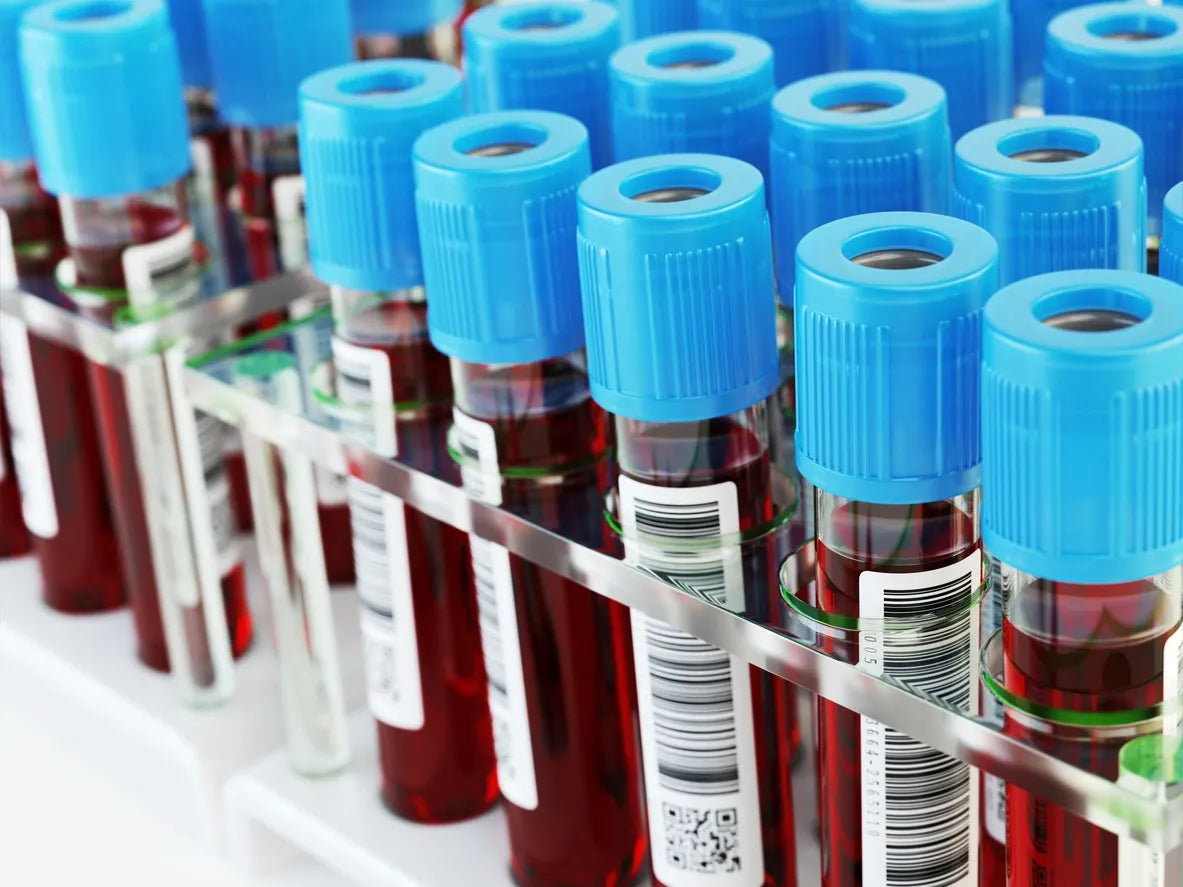
Understanding Endocrine and Metabolic Conditions
Learn about a wide range of hormonal, adrenal, thyroid, and metabolic conditions. Each article provides clear, concise information to help you better understand the causes, symptoms, and potential health impacts of these disorders.


